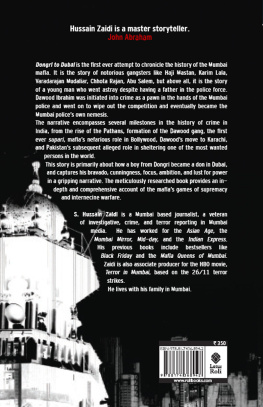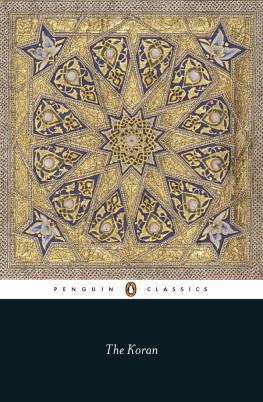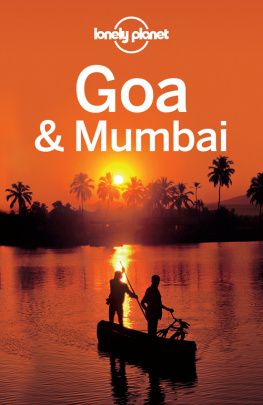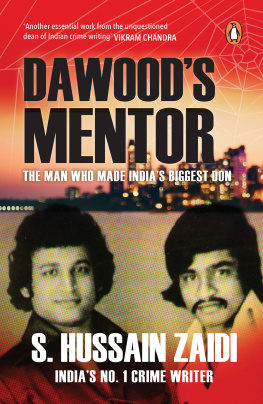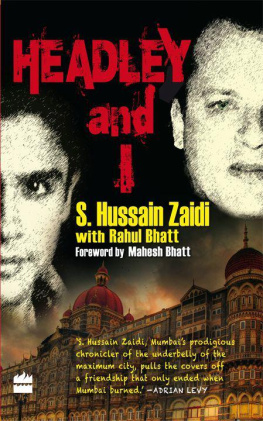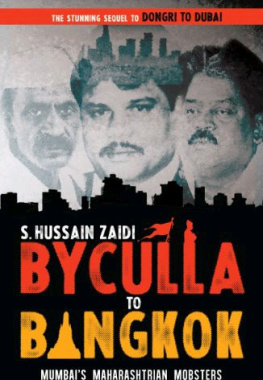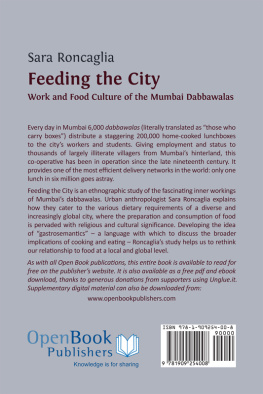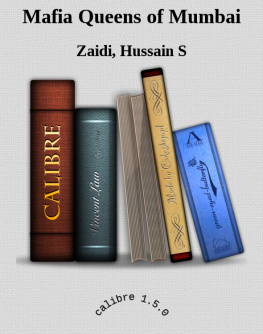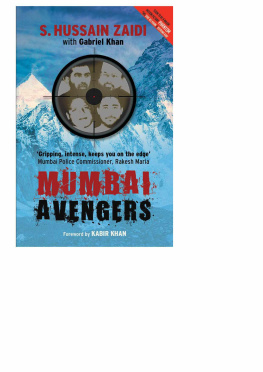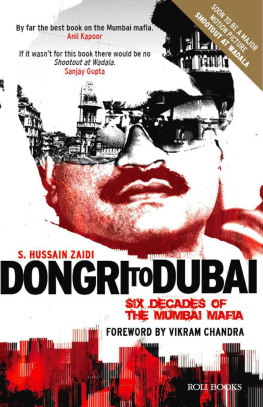OTHER LOTUS TITLES
Ajit Bhattacharjea | Sheikh Mohammad Abdullah: Tragic Hero of Kashmir |
Anil Dharker | Icons: Men & Women Who Shaped Todays India |
Aitzaz Ahsan | The Indus Saga: The Making of Pakistan |
Alam Srinivas & TR Vivek | IPL: The Inside Story |
Amarinder Singh | The Last Sunset: The Rise & Fall of the Lahore Durbar |
Amir Mir | The True Face of Jehadis: |
Inside Pakistans Terror Networks |
Ashok Mitra | The Starkness of It |
H.L.O. Garrett | The Trial of Bahadur Shah Zafar |
Kiran Maitra | Marxism in India: From Decline to Debacle |
Kuldip Nayar | Beyond the Lines: An Autobiography |
L.S. Rathore | The Regal Patriot: The Maharaja Ganga Singh of Bikaner |
M.B. Naqvi | Pakistan at Knifes Edge |
M.J. Akbar | Byline |
M.J. Akbar | Blood Brothers: A Family Saga |
Maj. Gen. Ian Cardozo | Param Vir: Our Heroes in Battle |
Maj. Gen. Ian Cardozo | The Sinking of INS Khukri: What Happened in 1971 |
Madhu Trehan | Tehelka as Metaphor |
Masood Hyder | October Coup: A Memoir of the Struggle for Hyderabad |
Nayantara Sahgal (ed.) | Before Freedom: Nehrus Letters to His Sister |
Nilima Lambah | A Life Across Three Continents |
Peter Church | Added Value: The Life Stories of Indian Business Leaders |
Sharmishta Gooptu and Boria Majumdar (eds) | Revisiting 1857: Myth, Memory, History |
Shashi Joshi | The Last Durbar |
Shashi Tharoor & Shaharyar M. Khan | Shadows Across the Playing Field |
Shrabani Basu | Spy Princess: The Life of Noor Inayat Khan |
Shyam Bhatia | Goodbye Shahzadi: A Political Biography |
Vir Sanghvi | Men of Steel: Indian Business Leaders in Candid Conversations |
FORTHCOMING TITLES |
Imtiaz Gul | Osama: Pakistan Before and After |

Contents
Lotus Collection
S. Hussain Zaidi, 2012
All rights reserved. No part of the publication
may be reproduced or transmitted, in any
form or by any means, without the prior permission
of the publisher.
First published in April 2012
Fifth impression, July 2012
The views and opinions expressed in this book are the authors own and
the facts are as reported by him which have been verified to the extent
possible, and the publishers are not in any way liable for the same.
The Lotus Collection
An imprint of
Roli Books Pvt. Ltd
M-75, Greater Kailash II Market
New Delhi 110 048
Phone: ++91 (011) 4068 2000
Fax: ++91 (011) 2921 7185
E-mail: info@rolibooks.com; Website: www.rolibooks.com
Also at Bangalore, Chennai, & Mumbai
Layout: Sanjeev Mathpal
Production: Shaji Sahadevan
ISBN: 978-81-7436-894-2
Dedicated to my friends
Dr Shabeeb Rizvi
Chandramohan Puppala
Mir Rizwan Ali
Foreword
I first met S. Hussain Zaidi in the winter of 1997, when I had just begun writing a novel about the Mumbai underworld. I desperately needed help, and was lucky enough to have a sister who knew Hussain through their shared profession of journalism. So I met up with him at the cheerfully-named Bahar restaurant in the Fort area of Mumbai. I asked questions, and Hussain told me stories about greed and corruption, about shooters and their targets, and despite the chill that passed over my skin, I was aware of a rising swell of optimismthis guy was really, really good.
I didnt know that day that S. Hussain Zaidi would become a friend, an extraordinary inside informant about matters relating to crime and punishment, and my guide into the underworld. But that is exactly what happened. Over the next few years, as I wrote my novel, Hussain generously shared with me his vast knowledge, his canny experience, and his host of contacts. I can say with certainty that I would not have been able to write my book without his ever-ready help and advice.
It makes me very happy that Hussain has finished his magnum opus, Dongri to Dubai , so that the general reader can now benefit from his expertise. This book does much more than narrate the saga of one mans rise, it brings alive the entire culture of crime that has grown and formed itself over the last half century in India. And as much as we like to distance ourselves by pretending that the underworld exists quite literally under us, beneath us, the truthas Hussain showsis that we mingle with it every day. The influence of organised crime reaches into the economy, our polity, and everyday life.
Yet, our knowledge of the intentions and operations of the players on all sides of the law is mostly a mixture of legend and conjecture. Our histories begin with a few namesHaji Mastan, Varadarajan, Karim Lala imbued with dread, and continue with still others Dawood, Chhota Rajan, Abu Salemhaloed with matinee glamour. What we have lacked is a narrative that provides both detail and perspective, that lays out the entire bloody saga of power-mongering, money, and murder. Dongri to Dubai is that necessary book, and more. It gives us an account that is vast in its scope and yet intimate in its understanding of motive and desire. Hussain moves us from the small gangs of early post-Independence India to the corporatising consolidations of the eighties and through the sanguine street wars of the nineties; we better comprehend our present, with its abiding undercurrent of terror, if we follow the tangled, stranger-than-fiction history that puts an Indian gangster in a safe-house in Karachi, with a daughter married to the son of a national celebrity, and his coffers enriched by the bootleg sales of Mumbai movies to Pakistanis.
Anthropologists like to use the phrase thick description to describe an explanation of a behaviour that also includes and explains context, so that the behaviour becomes intelligible to an outsider. For most readers, I think, reading Dongri to Dubai will at first feel like a journey into an alien landscape with a trustworthy, experienced guide; by the end though Hussain has made us see, helped us to comprehend, and we recognise this terrain as our own world, and we understandbut dont necessarily forgiveits inhabitants.
I am grateful for this book. The work that Hussain does is exacting and sometimes dangerous. Reporting about these deadly intrigues and the human beings caught within them is not for the faint of heart; the web stretches from your corner paan-shop to the bleak heights on which the Great Game is played, and there are many casualties. We all profit from Hussains intrepid investigations.
Vikram Chandra
Mumbai, December 2011
Introduction: Up, Close, and Personal
I n the nineties two things happened in India that changed the fortunes of the mafia in Mumbai. When I was writing about the Mumbai mafia back then, it had been a decade since Dawood had left its shores. Three years earlier Dawood had emerged as a key player in the serial blasts of Mumbai in March 1993. It was also at this time that Prime Minister P.V. Narasimha Rao woke up to release the country from the grip of the Licence Raj and ushered in the liberalisation of the Indian economy. When the Indian perestroika happened, it released a flood of economic opportunities and the first to smell the potential profit was the mafia, by then already entangled with Bollywood.
Next page
